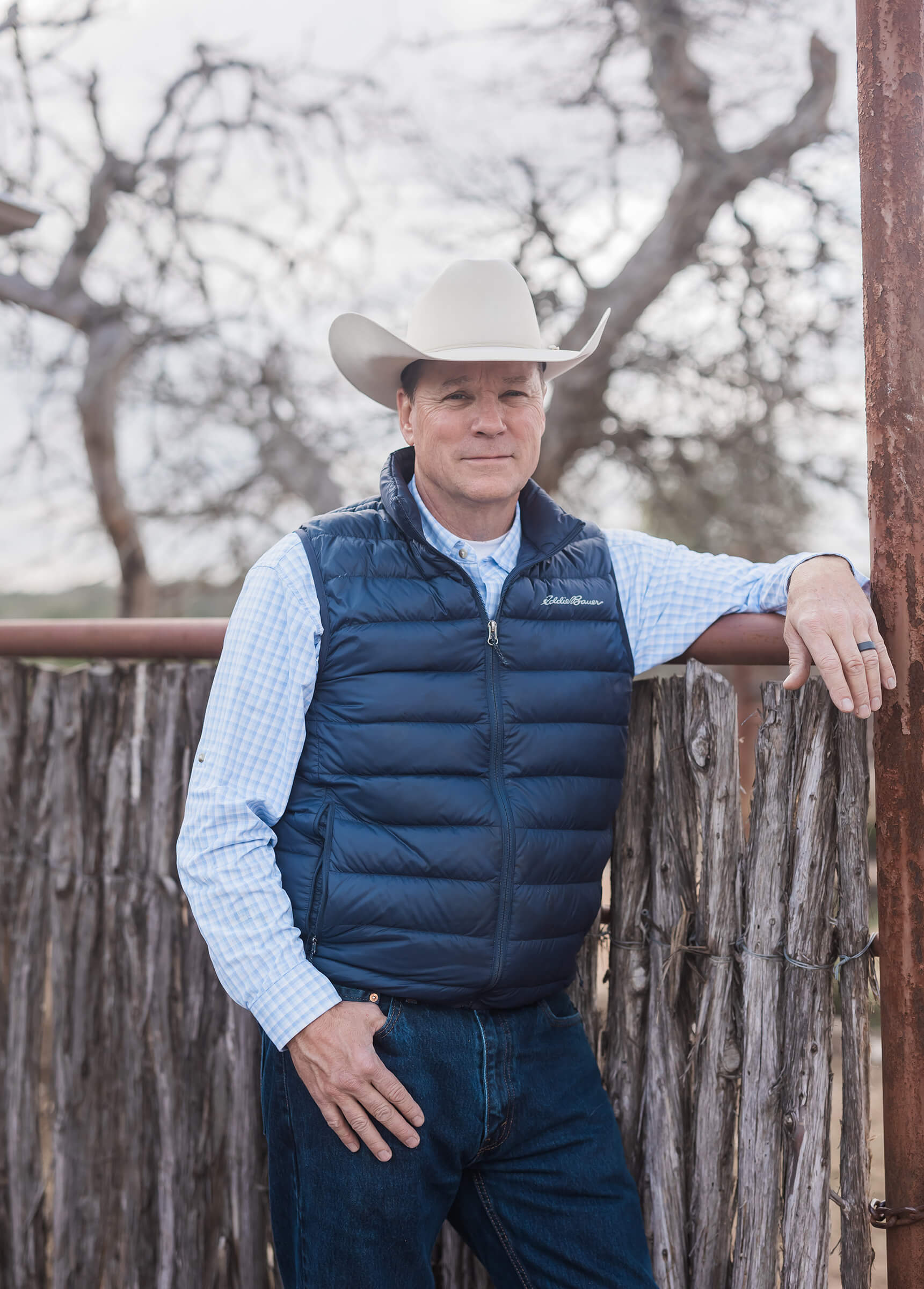By Shelby Horn, Texas & Southwestern Cattle Raisers Association Director

Recently, higher beef prices at the grocery store have become a hot topic. It’s made local and national news headlines and taken social media by storm. That attention has fueled a narrative that something is “wrong” with the beef supply chain, pulling ranchers, media, elected officials and industry critics into a fast-moving conversation.
For ranchers, it is frustrating. People outside our industry don’t always understand the cattle cycle, how prices move or why beef costs more at the grocery store right now. They do not see what ranchers see every day, and they rarely understand how quickly their comments can move markets.
Most ranchers understand these cycles. We know tight supplies and higher prices are part of a normal pattern. It is not a sign that the system is broken.
Yet, that has not stopped people from looking for ways to fix a problem that is not there. For example, many of our political friends campaigned and were elected to make America more affordable, and with midterm elections around the corner, they’re understandably looking for ways to move the needle with voters.
While we support making America more affordable, increasing beef imports, investigating the packers and hinting at government intervention are not going to lower beef prices for consumers.
This isn’t about taking sides between packers, retailers or policymakers. It is about understanding how each part of the chain contributes to the final price and acknowledging the full picture rather than assuming blame lies in one place.
To do this, we need to reframe the narrative. There isn’t a problem with beef prices. Consumer beef demand has been nothing short of stellar. Even with higher prices at the grocery store, consumers continue to consistently choose beef as their protein — even at elevated prices. This is a testament to the commitment and investment that ranchers have made in listening to consumers and delivering what they want.
Ranchers are well aware of the lag between cattle prices and consumer beef prices. Beef doesn’t move from the ranch to the grocery store overnight. It passes through a complex chain that adds labor, transportation, processing, fabrication, cold storage and retail markups to beef products.
Contrary to the narrative that today’s beef prices are due to packer manipulation, beef packer margins have been negative all year until recently. Packers certainly have experienced strong margins in some years, especially during the COVID pandemic, but that is not what we are seeing today. Their margins are tight, while retail margins remain strong. That disconnect is unusual and it not receiving much attention.
At the same time, packers are not operating at capacity because they don’t have enough cattle, while still being faced with the same fixed costs. Low cattle supplies are a result of increased costs and drought and are currently being compounded by restricted cattle movement from Mexico because of New World screwworm concerns.
Losing processing capacity in this country has suddenly become a reality. Tyson recently announced the closure of the Lexington, Neb. packing plant that has been in operation for 30 years, employing 3,200 and processing nearly 5,000 cattle a day. On top of this, Tyson plans to reduce their beef facility in Amarillo to a single, full-capacity shift. This will result in approximately 7 percent reduction in fed processing capacity and consequently negatively impacts the segments and the communities where they operate.
While the 80 percent processing share held by major packers is concerning, especially by those that are foreign owned, the last thing we need is reduced processing capacity. It is crucial we maintain enough packing capacity so when our cowherd numbers recover, we are prepared.
Without adequate packing capacity, the size of our industry is not determined by our ability to produce more cattle to meet a growing consumer demand, but by how many hooks are available. We are fortunate that in response to the issues created during the pandemic, several new packing facilities were built. Producers owning these facilities is a positive for the industry, allowing producers to control their destiny. In the past, that has not been possible in a segmented industry.
While needed, the recent call from President Donald Trump for the Department of Justice and USDA to reexamine packer practices, possible price manipulation and overall market fairness may not result in what many are expecting. There are times when price discovery and transparency are real issues but now is not one of them.
To be clear, Texas & Southwestern Cattle Raisers Association supports strong price discovery and meaningful efforts to strengthen transparency and ensure competitive markets for ranchers. But it is important to recognize that lack of transparency is not where today’s price pressures are coming from.
Trade is not absent from the conversation regarding prices either. President Trump has used tariffs and trade pressure as tools on a larger geopolitical stage, and beef has been impacted. Those actions have delivered short-term benefits for ranchers; however, trade restrictions and retaliatory measures can also create challenges.
Trade is good for business. The U.S. exports high-quality, high-value beef cuts, as well as some lower-value beef cuts, and imports lean trim, primarily for ground beef blends desired by U.S. consumers. That exchange strengthens cattle prices here at home and is a win for ranchers who get more money for their cattle.
At the end of the day, there are multiple factors impacting the price of beef and there is no shortcut, incentive or policy lever that can fast-track lower consumer prices — nor is one needed.
The cattle industry is a commodity business. Markets move in cycles. These high prices won’t last forever. As the herd rebuilds, supplies will increase and prices will naturally moderate. It simply takes time. Forcing retail prices down only delays progress and injects instability into a market that is already working to correct itself.
That is where Texas & Southwestern Cattle Raisers Association will stay focused: cutting through the noise, elevating the facts and ensuring the market has the time and clarity it needs to work as intended.
###

